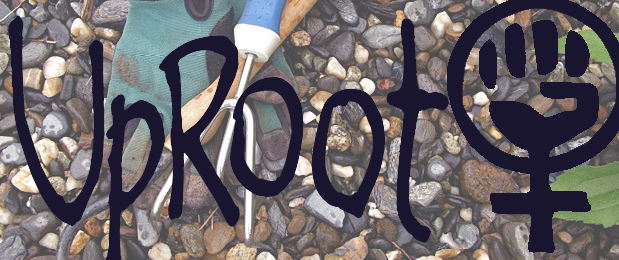
Guest post by Meghan Talbot
Nowadays, when incoming freshmen enter college, they are not just nervous about making friends, doing well in classes, and adjusting to life on their own. A study showed that college students are more afraid of being raped than they are of being murdered. And unfortunately, that fear isn’t completely exaggerated. Sexual assault is becoming an epidemic in the college setting, as an estimated 1 in 5 women and 1 in 16 men are sexually assaulted as undergrads. It is reported that college freshmen are the most likely to be sexually assaulted (though researchers are not completely sure why this is). Most rapes occur at college parties where drinking is involved, and by someone the victim knows. However, the crime can happen to victims of all ages and in a variety of settings. It is also important to understand that no colleges are excluded from this epidemic — high percentages of sexual assault occur in both rural and urban schools, co-ed and single gender, large and small, secular and religious.
Though sexual assault is extremely common in the campus setting, very few cases are reported to the authorities or to school officials, and even fewer will result in judicial action. Victims may keep silent about what happened as they often believe it’s their fault- because of what they were drinking or wearing, or for voluntarily going out with the assailant. They also may fear unsympathetic treatment from officials, interrogation from police, or retaliation by their attacker. In addition, because the majority of reported sexual assaults do not result in prosecution, victims often decide it is not worth the trauma of going through a judicial hearing.
Because victims often keep silent about what happened, they are more likely to suffer from mental health conditions such as depression or PTSD. Over 30% of victims say they have considered suicide after their attack, and many have succeeded.
Colleges are becoming more aware of the epidemic and are trying to prevent sexual assault in a variety of ways. In 1972, the Title IX law was passed in order to prevent gender discrimination in athletics, but is now being reinterpreted to protect victims of sexual violence in college. Through the law, students are allowed to change class schedules or housing arrangements after an assault in order to avoid their attacker if need be. Victims may also be provided counseling and assistance reporting the crime under the law. However, the law is controversial and a number of universities are under investigation for violating the law.
Schools are taking other steps to prevent sexual assault. Prevention techniques are often taught to incoming freshmen during their orientation week and sorority and fraternity members are often required to take a course in alcohol safety and consent. In addition, a variety of student organizations exist for victims to get involved on campus and heal together. It is the hope of many that through education and protection sexual assault will become less common in the university setting.
If you or someone you know has been a victim of sexual assault, HAVEN can help. Call the free and confidential 24-hour Crisis and Support Line at 877-922-1274.







